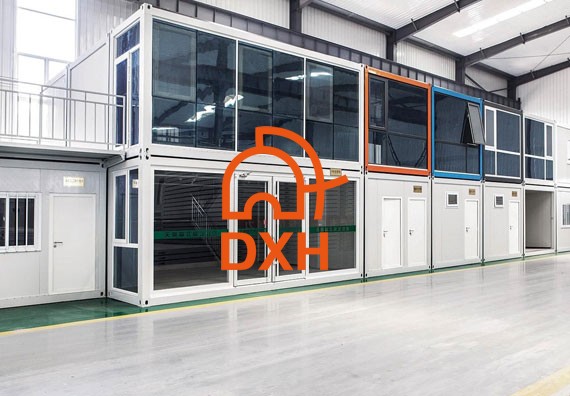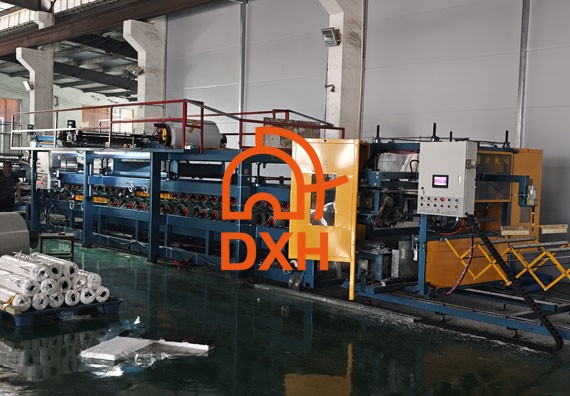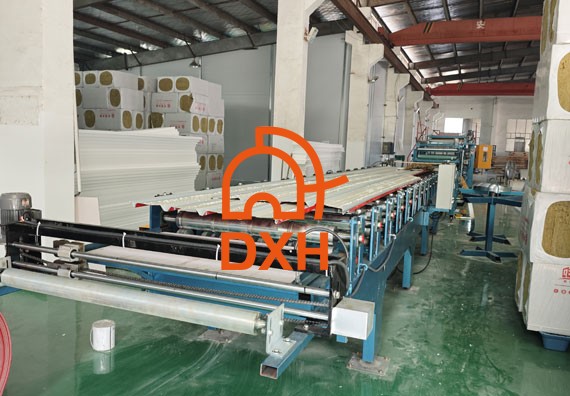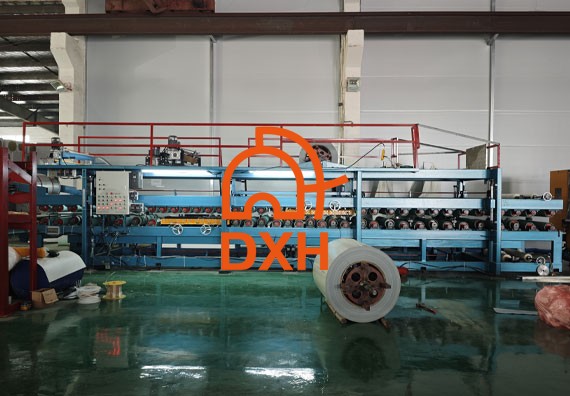Modular construction finishes projects faster than traditional buildings. This innovative approach combines factory precision with on-site efficiency, saving developers, contractors, and owners significant time and costs.
Modular construction involves prefabricated sections and modules of a building in a factory, which are then transported to the site for assembly and integration into the final structure. Unlike traditional construction, which is entirely site-based, modular building utilizes a controlled environment for most of the construction process. This method (also known as prefabrication) offers numerous advantages, including reduced construction time, cost savings, improved quality control, and reduced waste.

The factory team constructs building modules while the on-site staff prepares the foundation and utilities. This parallel workflow for modular buildings significantly decreases project timelines and avoids common delays associated with traditional construction methods.
Most of the construction work for modular buildings is carried out indoors. Workers build modules in a controlled factory environment. This avoids delays caused by extreme weather conditions (rain, snow, and strong winds). Additionally, this environment enables strict quality control, preventing materials from being exposed to the elements, which could affect their performance.
Pre-fabricated modules can be installed upon arrival at the construction site. Standardized connection systems reduce on-site labor requirements, accelerate construction timelines, and minimize installation errors. Large-scale projects (such as hotels, apartments, and office buildings) can be completed in weeks rather than months.

A controlled production environment improves worker productivity. Since modules are pre-assembled, fewer workers are needed for on-site assembly. Standardized processes minimize labor requirements and reduce costs.
Precise factory cutting and assembly minimize material waste. Bulk purchasing capabilities for multiple projects reduce material costs. Surplus materials from one project can be reused in future modules, maximizing resource efficiency.
Modular construction achieves predictable project budgets through bulk purchasing and standardized designs. This approach avoids the effects of weather delays, material price fluctuations, and on-site complexities on the final project cost.
Shorter timelines mean projects can be operational and generating revenue more quickly, thereby reducing expenses in other areas. For commercial buildings, such as offices or retail spaces, this rapid turnaround is a key advantage of cost-effective construction.

Factory-built homes maintain strict quality standards. On-site construction faces variables such as weather or worker skill levels. Additionally, high-quality modular homes can lead to lower long-term maintenance costs.
Modular construction embodies environmental principles. Reduced waste, efficient factory processes, and the use of recyclable materials minimize ecological impact. Sustainable building practices attract clients seeking eco-friendly solutions.
The modular construction buildings can be used in various building types and scenario applications. They can achieve long-term cost savings through relocation or rearrangement. For example, temporary structures such as construction site dormitories, medical facilities, or classrooms can be relocated according to changing needs, thereby avoiding the costs associated with new construction.

Modular buildings are well-suited for a variety of projects, including commercial and industrial constructions, as well as emergency housing. They are ideal for community apartments, cabin hotels, schools, hospitals, and temporary offices, all of which benefit from the quick and cost-effective construction offered by prefabricated modular structures. For example, modular hotels can open several months earlier than those built using traditional methods, allowing for faster revenue generation.
Modular construction buildings offer significant advantages for projects that require rapid construction, cost control, and quality assurance. The combination of factory efficiency, weather independence, and parallel workflows can significantly save time. Cost-effectiveness stems from reduced labor requirements, minimized material waste, and predictable project budgets. Improved quality control and technology integration further enhance the value proposition. As the construction industry continues to evolve, modular methods can meet growing demands while controlling costs and maintaining standards.
Visit our website to learn more about modular buildings and explore designs that could suit your next project. If you already have a design idea, please leave a message, and the sales team and designers at DXH House will assist you in bringing your modular project to life.
Our hours
Monday to Sunday: 9 AM - 6 PM
(all hours are Eastern Time)